- Sixty percent of Europeans are in favour of transferring some EU competences to the national level. Only 17% support deeper unification. This is another argument in favour of increasing the influence of national parliaments on the EU legislative and decision-making process," said Marek Kuchciński, Speaker of the Sejm, who was the first speaker at the panel on the future of the European Union. The Speaker stressed the importance of equality of all member states. - Trust will grow when EU institutions treat all member states equally and act strictly within their competences. This means that the right of each member state to carry out internal reforms must be respected - he said. He also stressed that Poland cares about the success of the Union and sees a positive balance of benefits resulting from membership in the Community. As a comment to the conference conclusions Marshal Kuchciński suggested including Christianity - as a foundation of European values such as tolerance, equality, democracy. - The suggestion was unfortunately rejected, but we will try again next year - said Kuchciński.
The main topics of the conference were The Future of the European Union and European Security and Defense. They looked at how to make the EU more efficient and strengthen the role of national parliaments. The defense panel discussed not only military defense, but also the threats posed by fake news, trolls, and online election control.
Speakers included Eiki NESTOR, President of Riigikogu, Antonio TAJANI, President of the European Parliament, Andrej DANKO, President of the National Council of the Slovak Republic, François DE RUGY, President of the National Assembly of the French Republic, Ināra MŪRNIECE, President of the Saeima of the Republic of Latvia, Dr. Wolfgang SCHÄUBLE, President of the German Bundestag, Wolfgang SOBOTKA, President of the Austrian National Council.
During bilateral meetings, the Speaker of the Sejm paid special attention to cooperation within the V4 or Tri-City. He also pointed out the need for good relations with countries outside the European Union, such as Ukraine, supporting its European path and criticizing Russia for the current situation in Crimea.
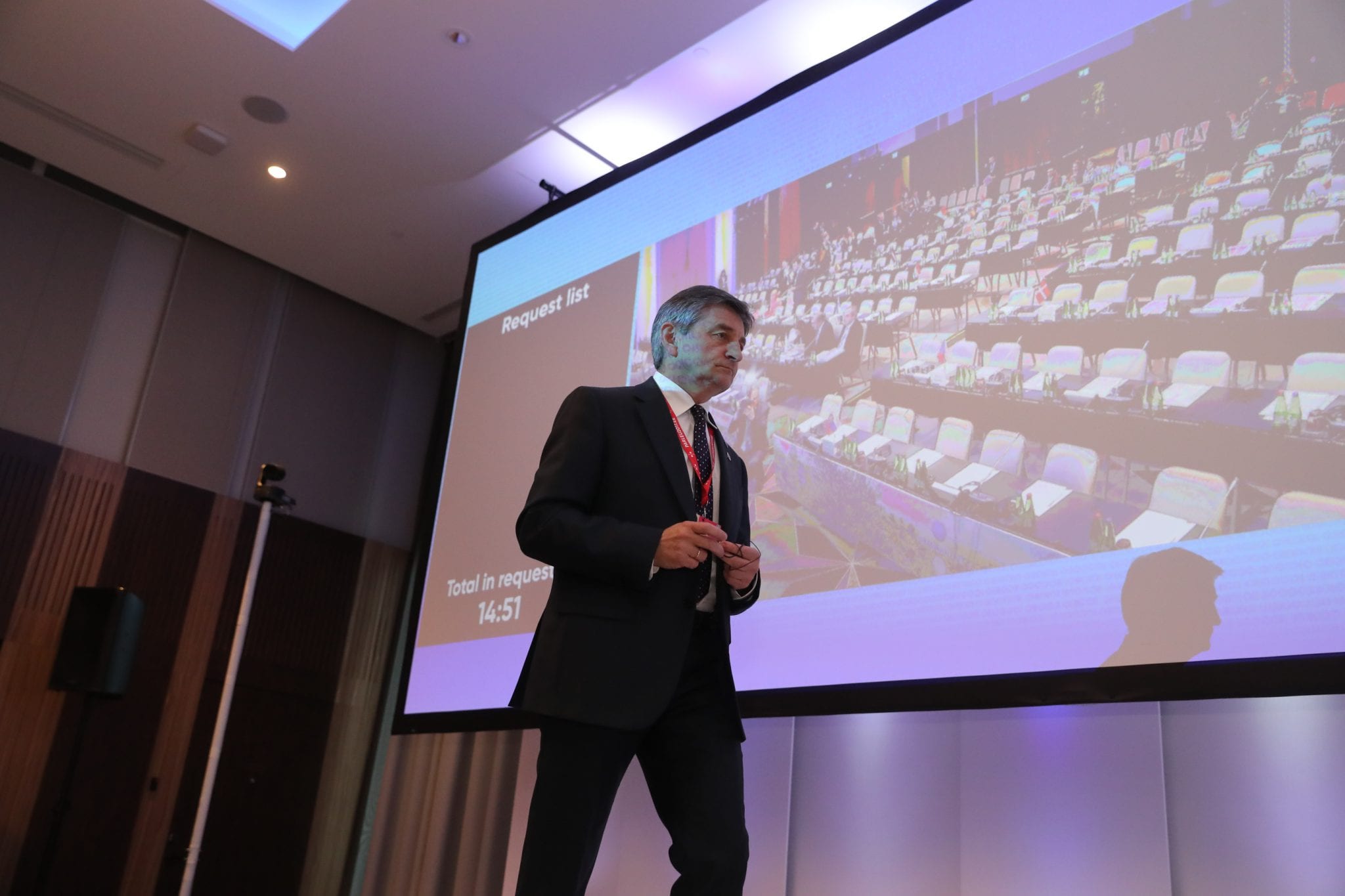
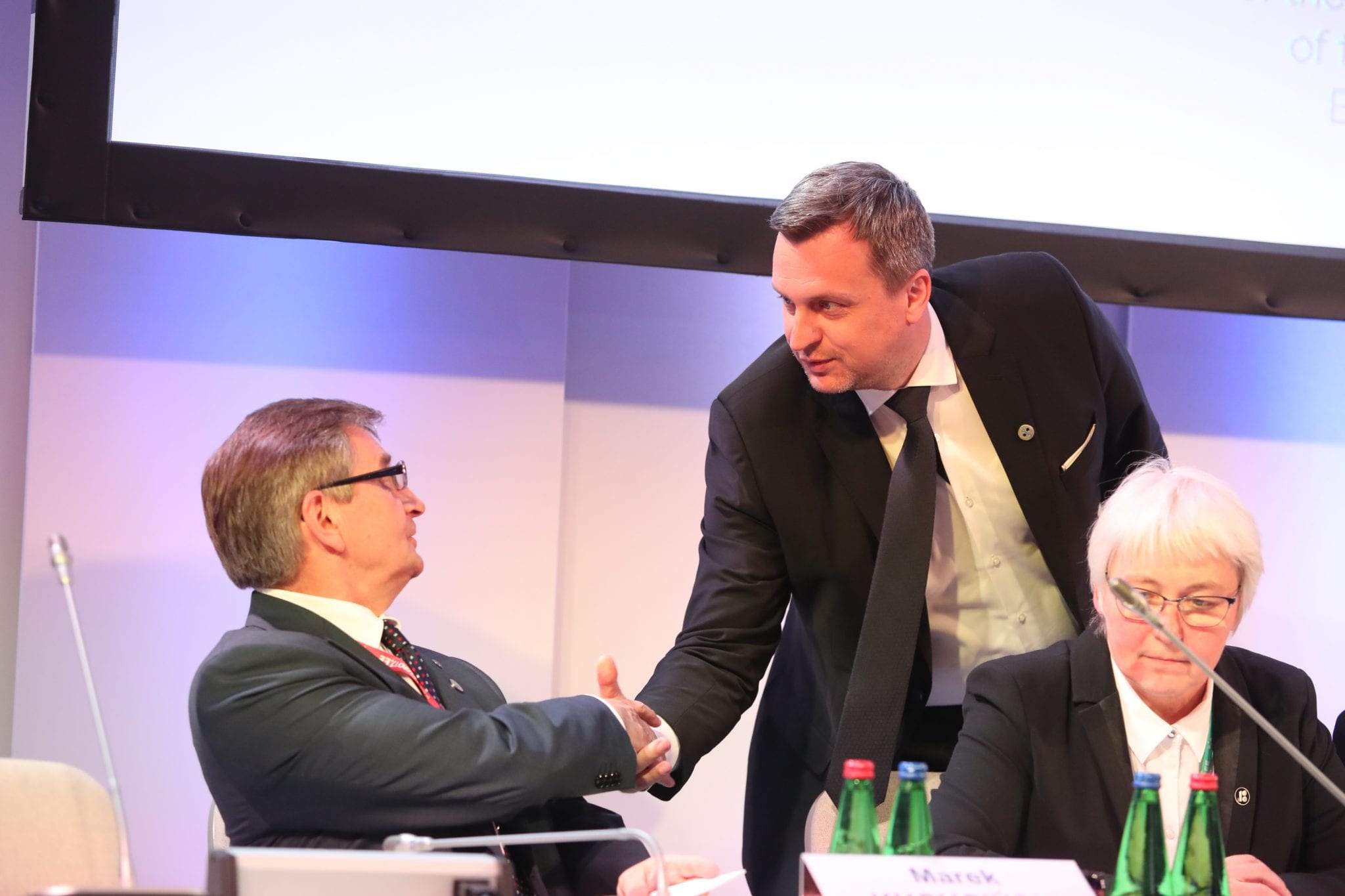 Andrej DANKO, President of the National Council of the Slovak Republic
Andrej DANKO, President of the National Council of the Slovak Republic 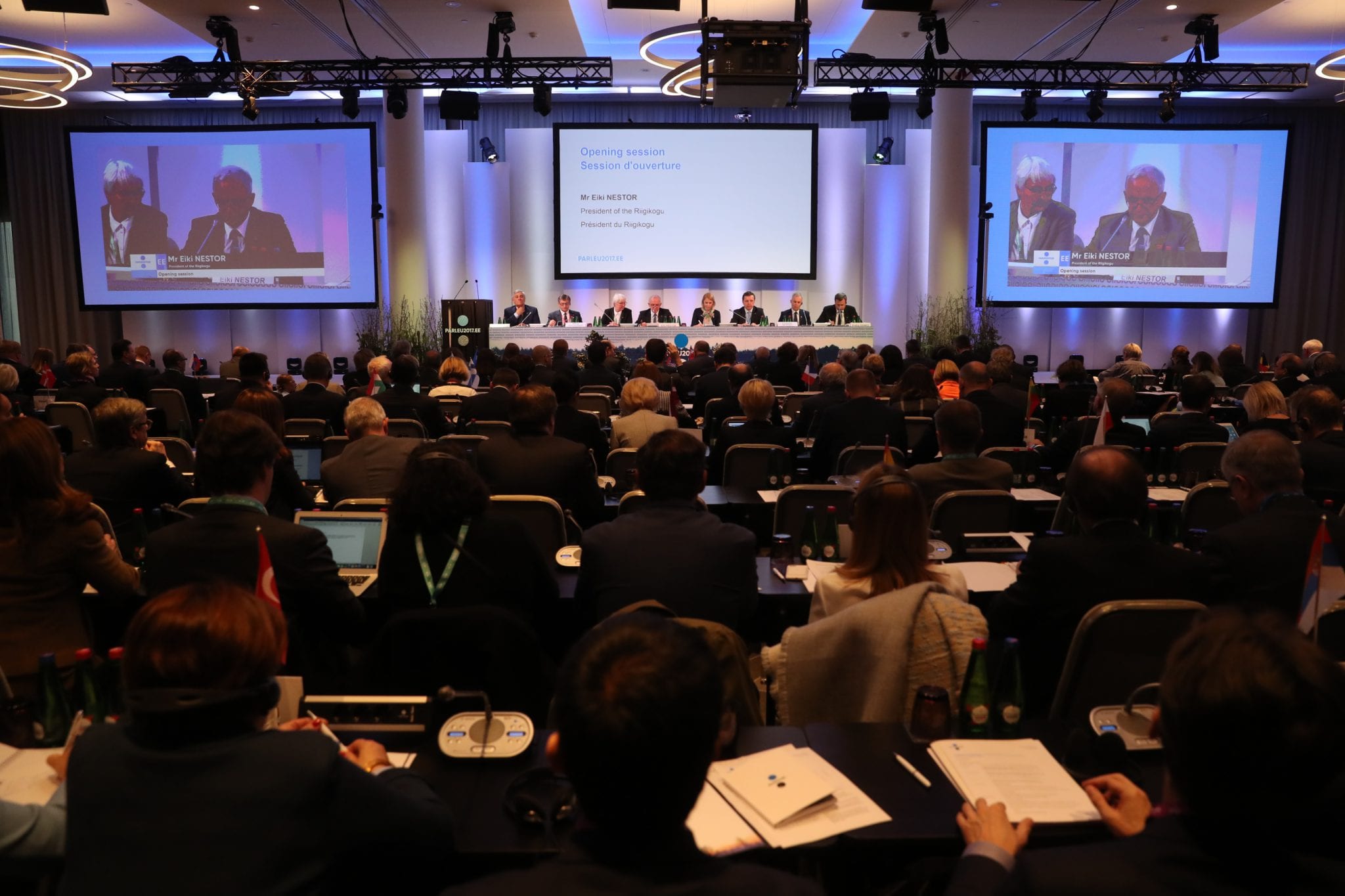
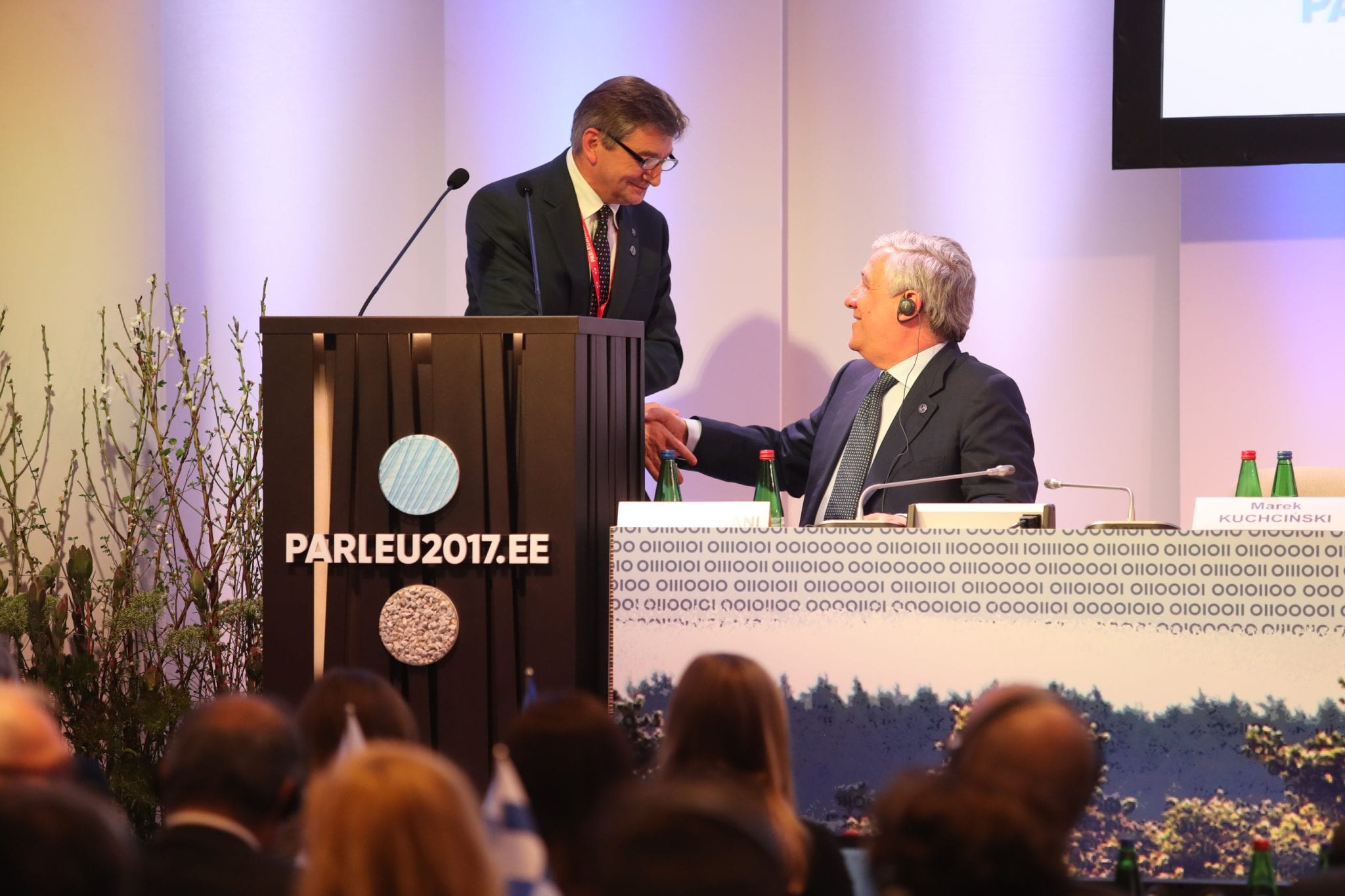 Antonio TAJANI, President of the European Parliament
Antonio TAJANI, President of the European Parliament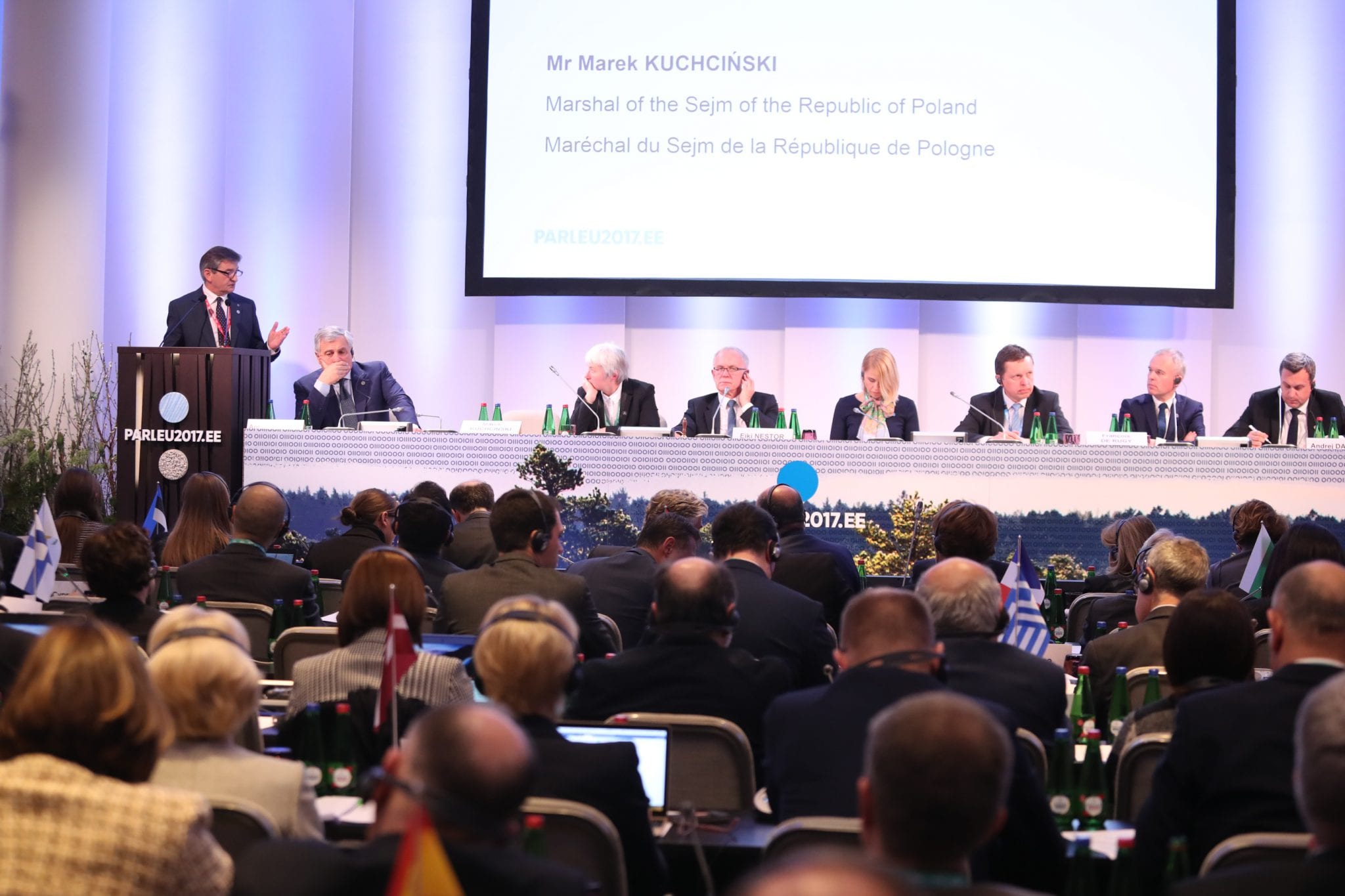
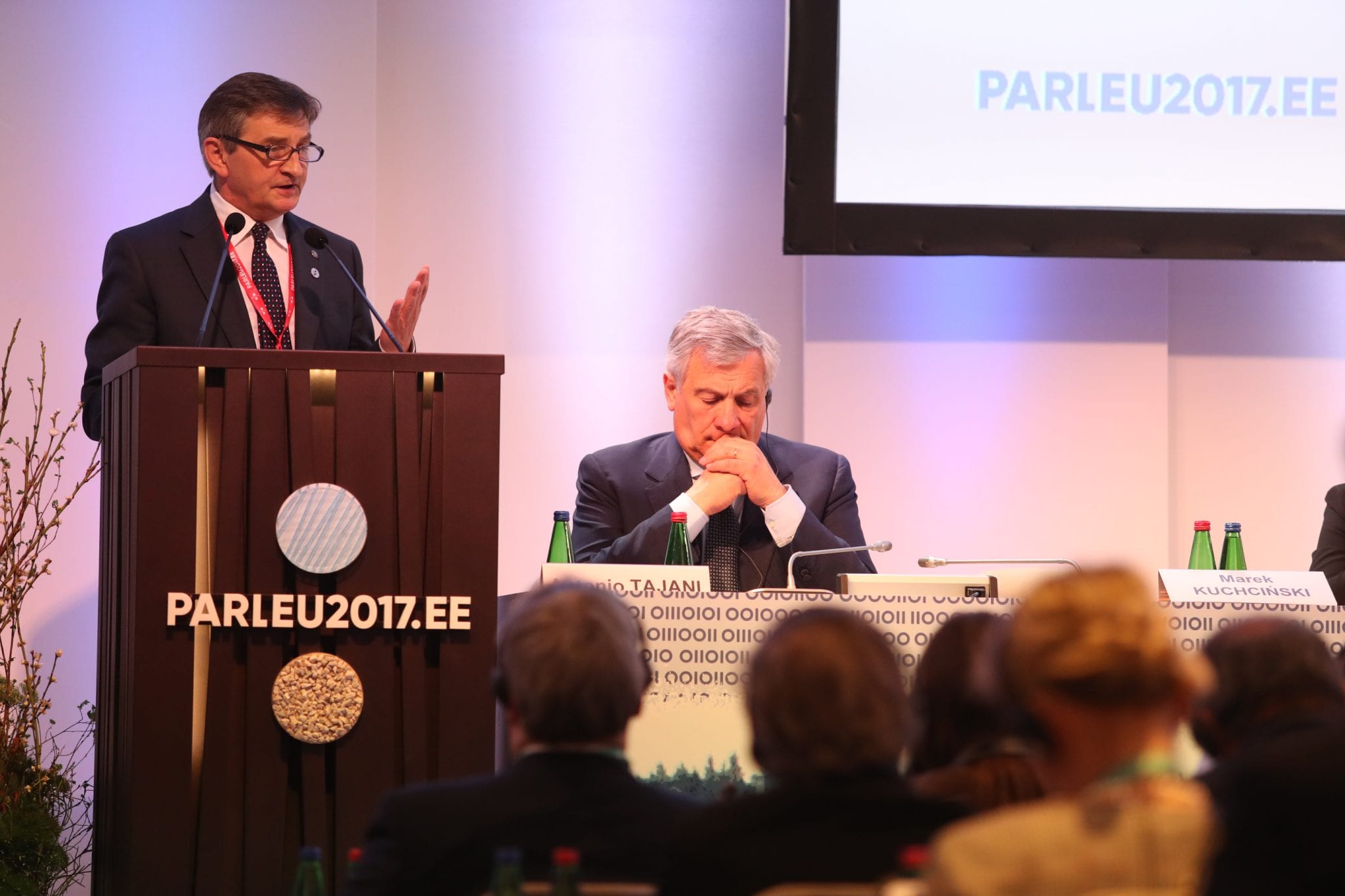
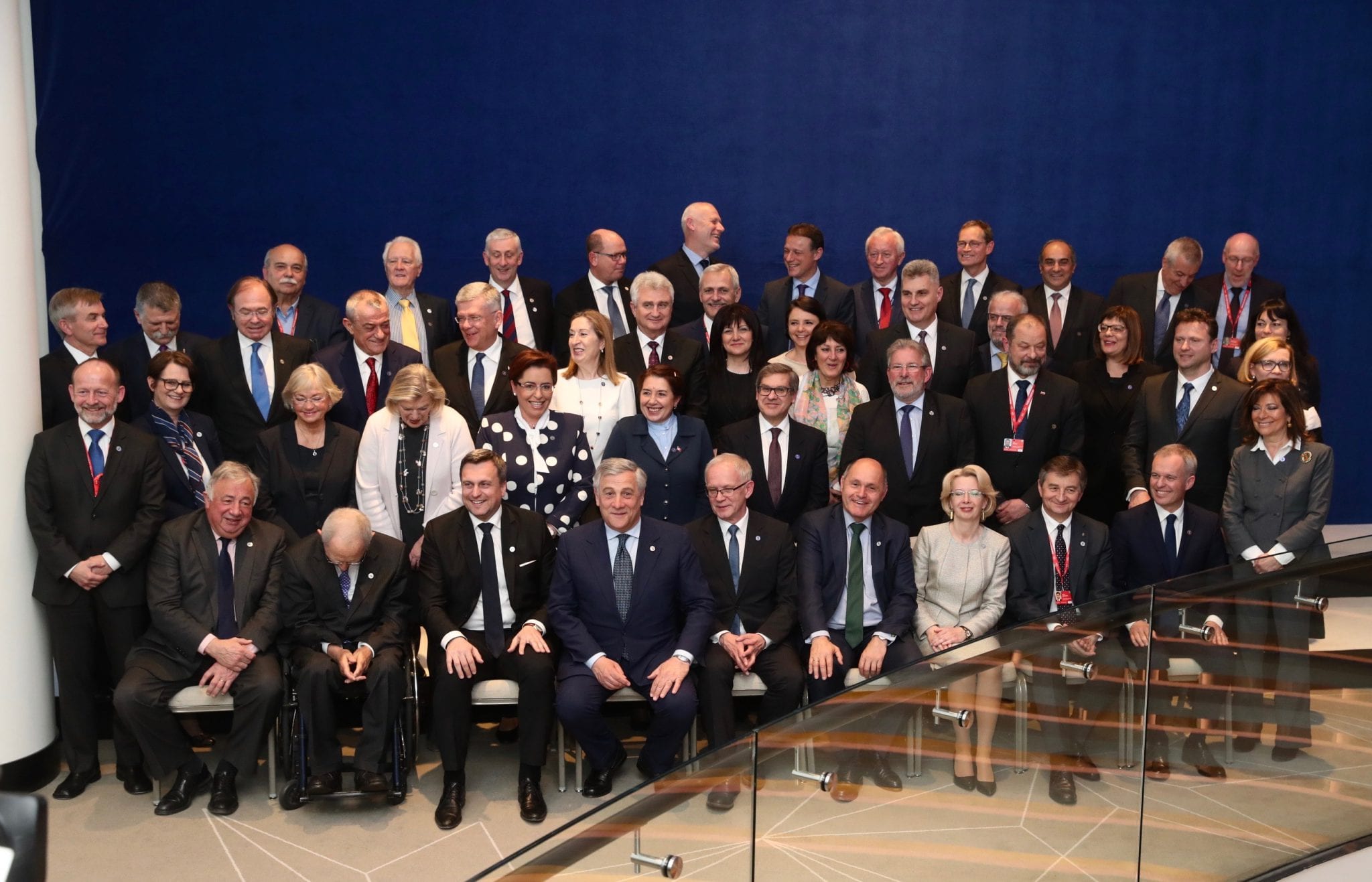
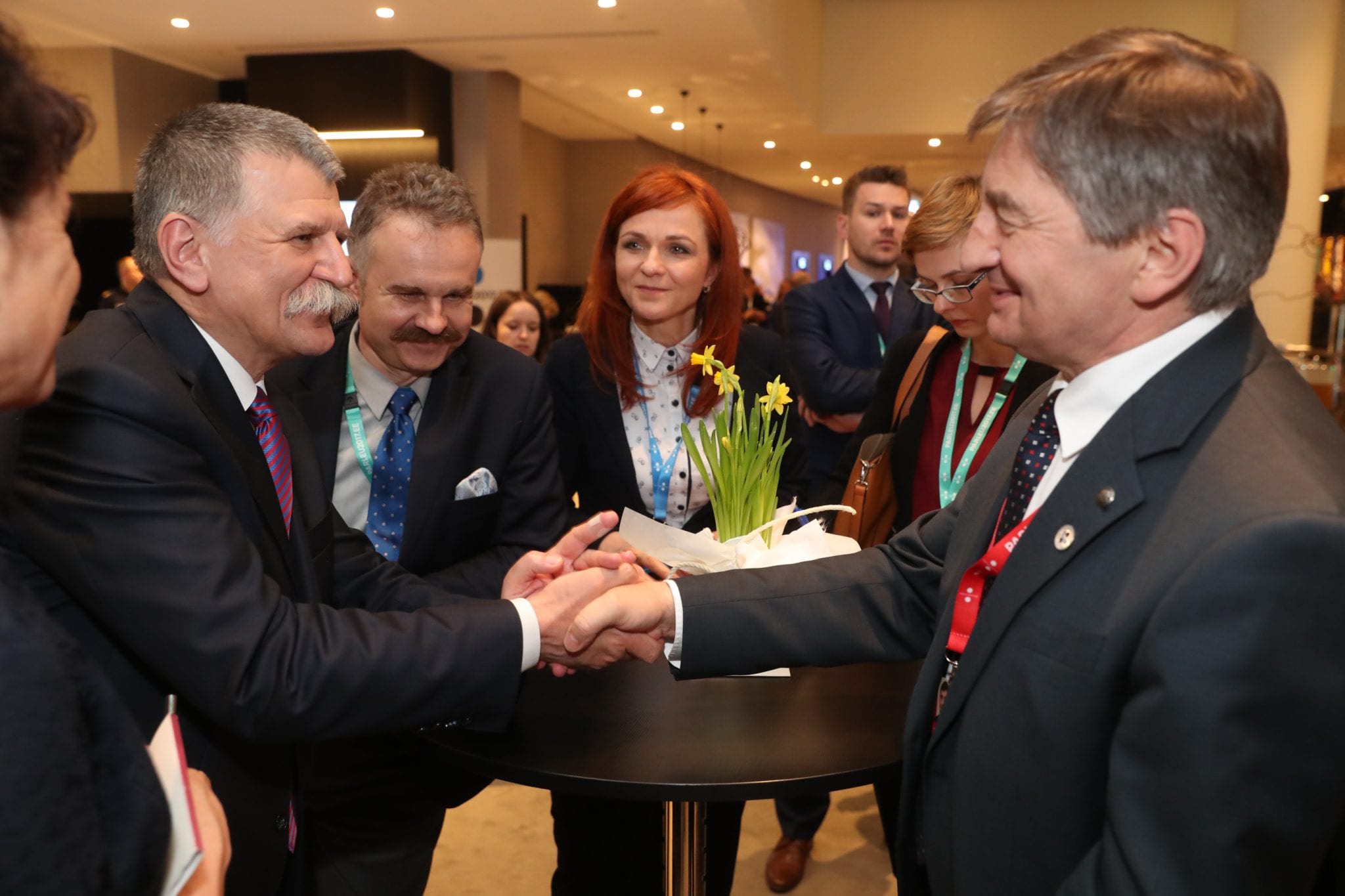 László Kövér, President of the Hungarian National Assembly
László Kövér, President of the Hungarian National Assembly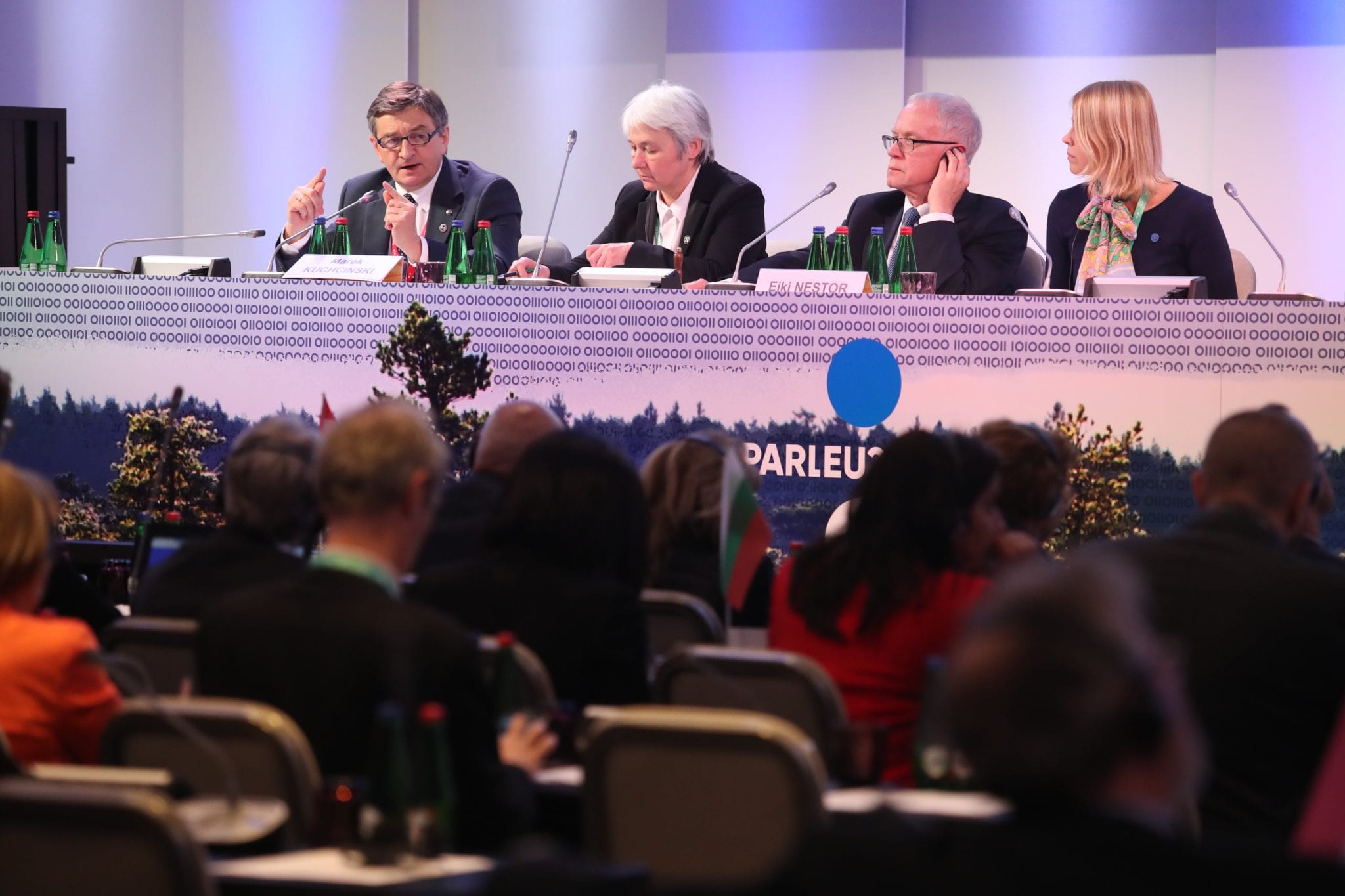
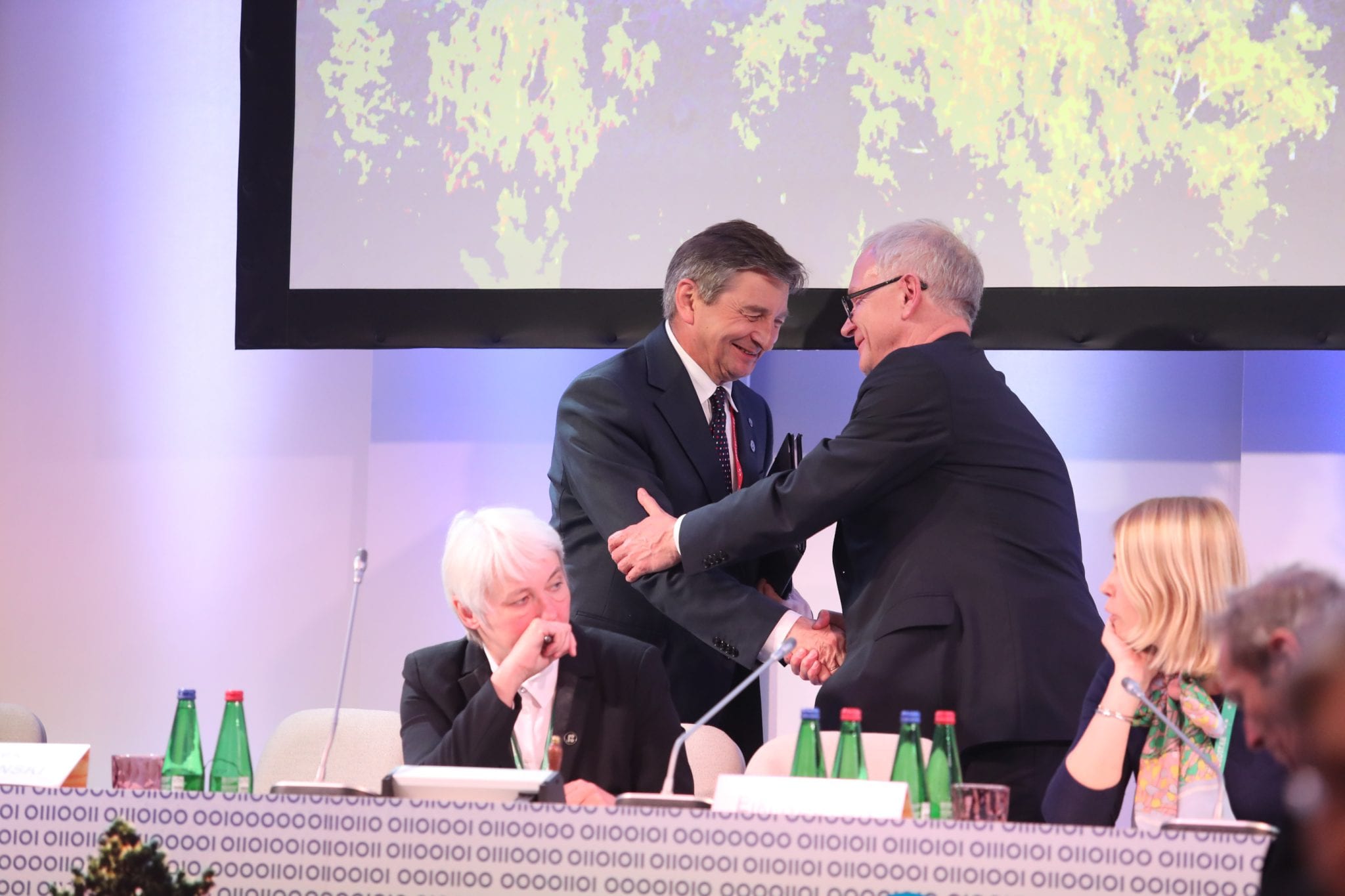 Eiki NESTOR, Chairman of the Estonian Riigikogu
Eiki NESTOR, Chairman of the Estonian Riigikogu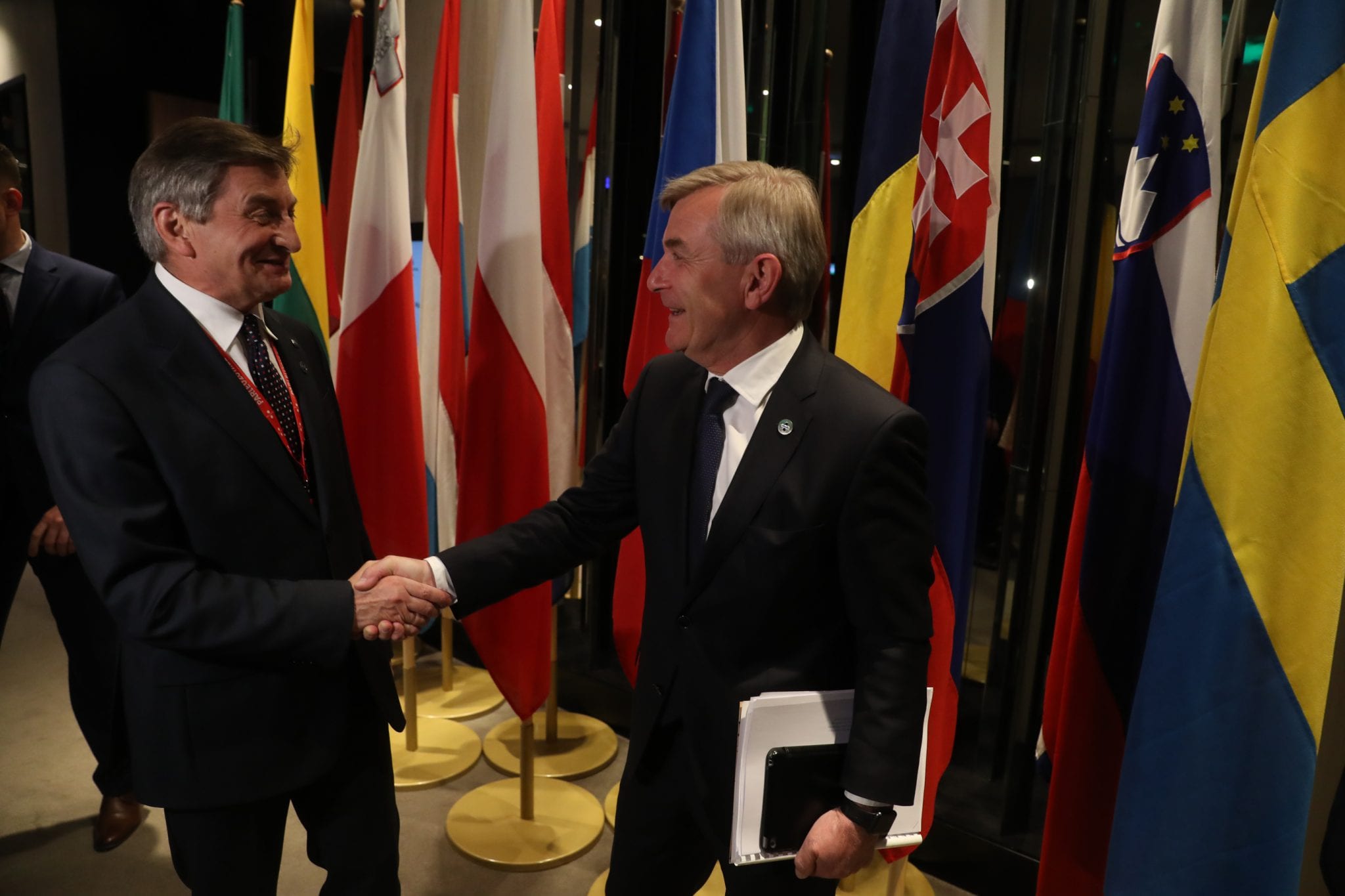 Viktoras Pranckietis, President of the Seimas of the Republic of Lithuania
Viktoras Pranckietis, President of the Seimas of the Republic of Lithuania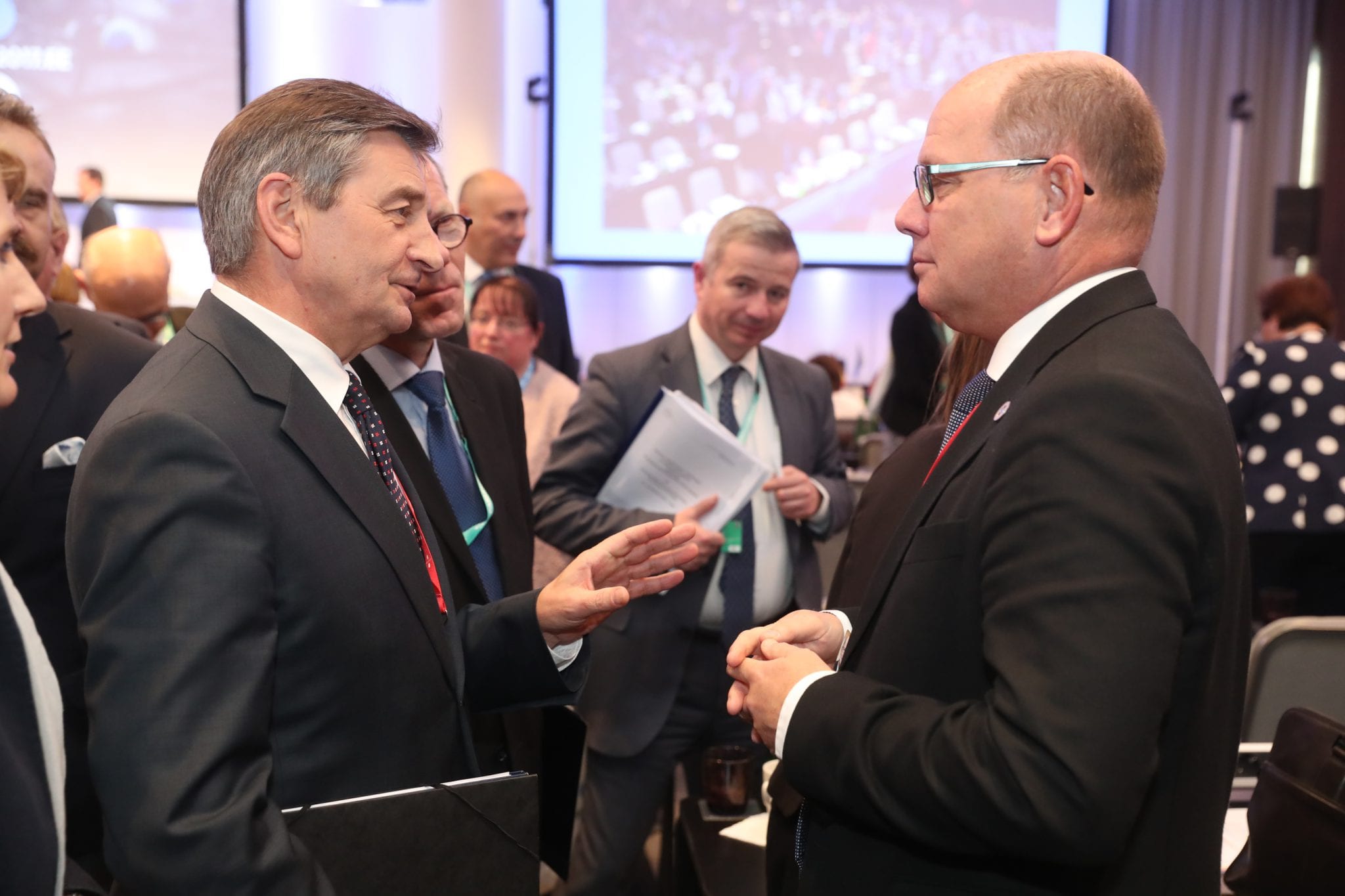 Urban Christian Ahlin, Speaker of the Swedish Parliament (Riksdag).
Urban Christian Ahlin, Speaker of the Swedish Parliament (Riksdag).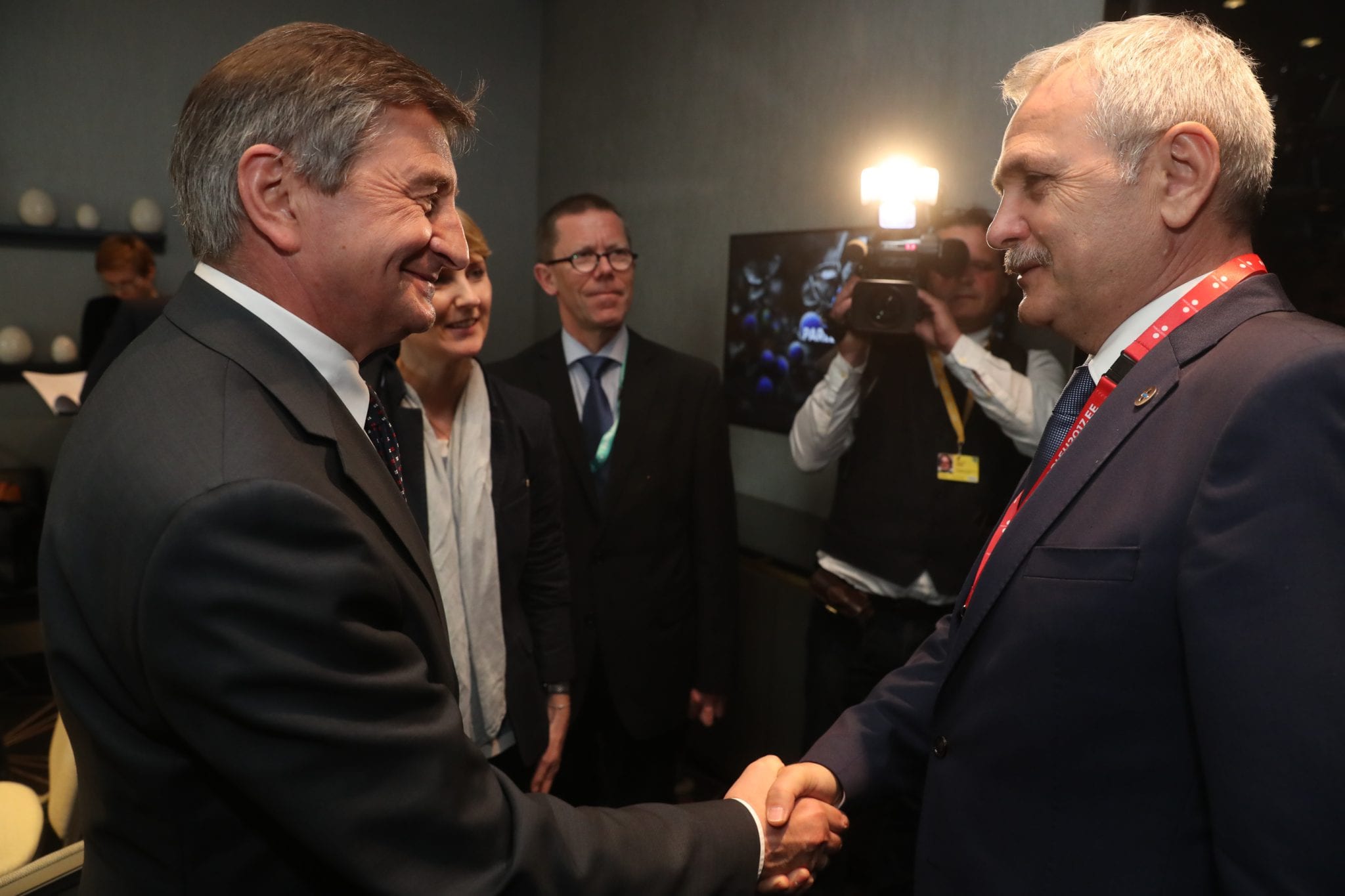 Liviu Nicolae Dragnea, Speaker of the Romanian Parliament
Liviu Nicolae Dragnea, Speaker of the Romanian Parliament
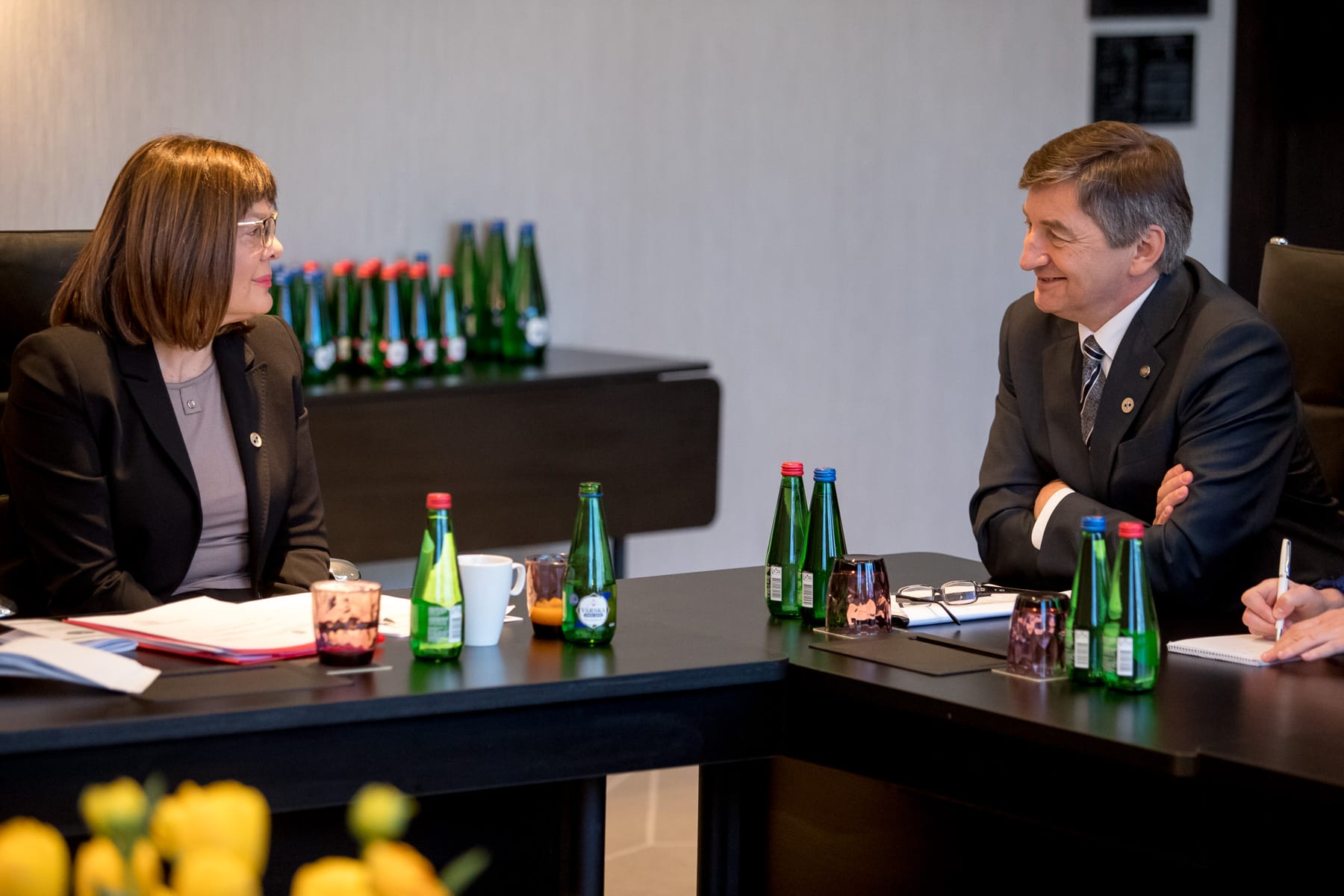 Maja Gojkovi, Speaker of the National Assembly of Serbia
Maja Gojkovi, Speaker of the National Assembly of Serbia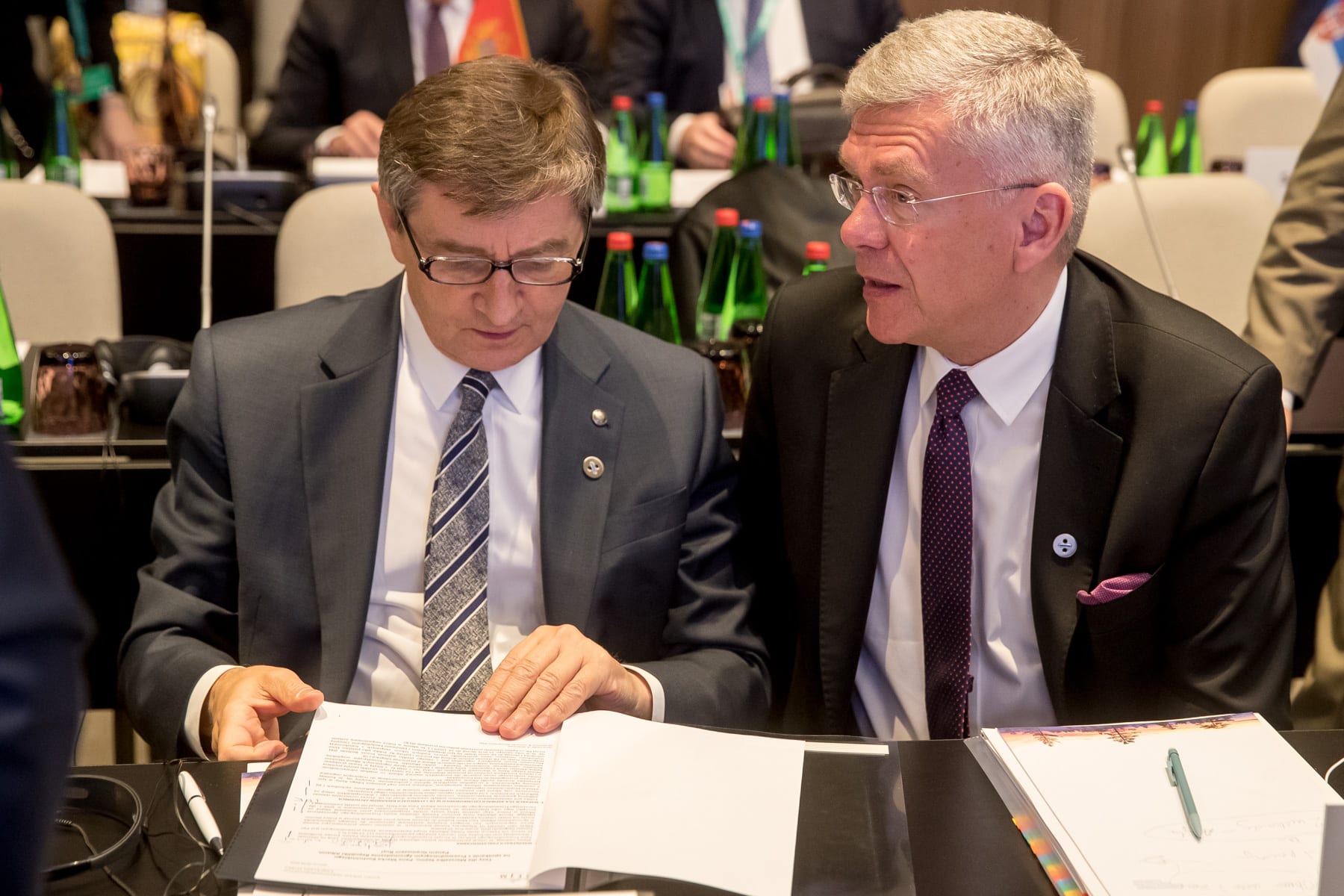
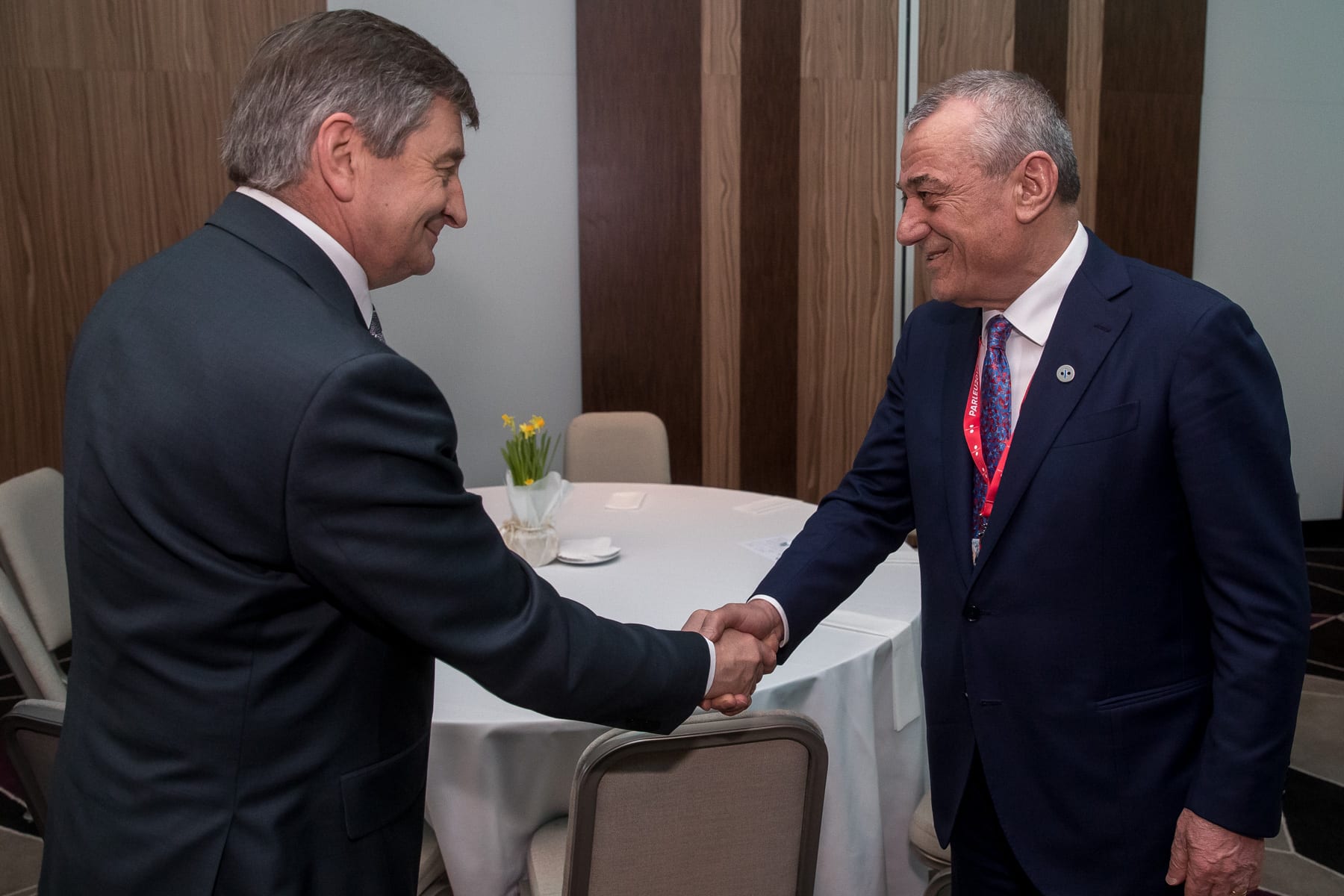 Gramoz Ruçi, President of the Assembly of the Republic of Albania
Gramoz Ruçi, President of the Assembly of the Republic of Albania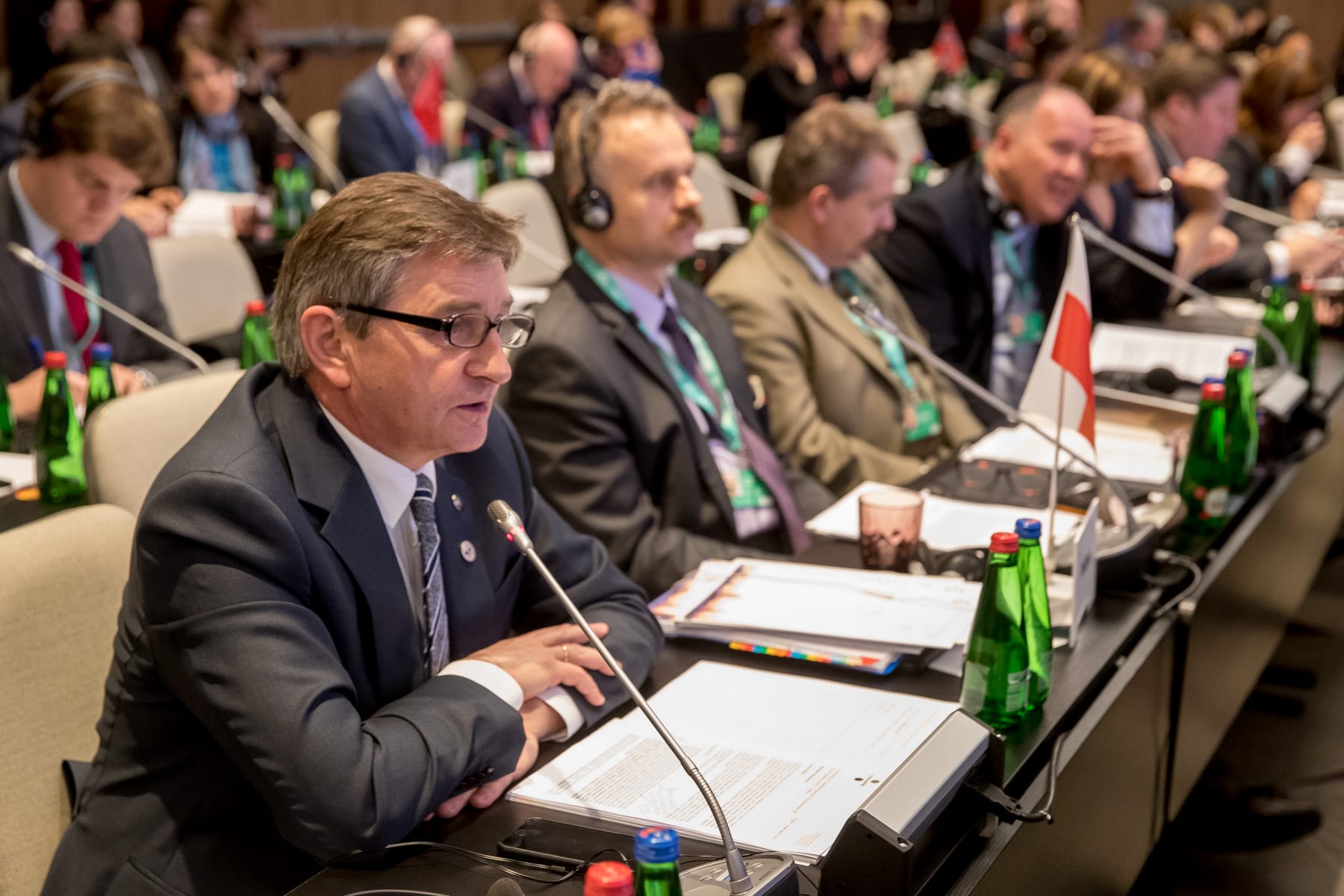
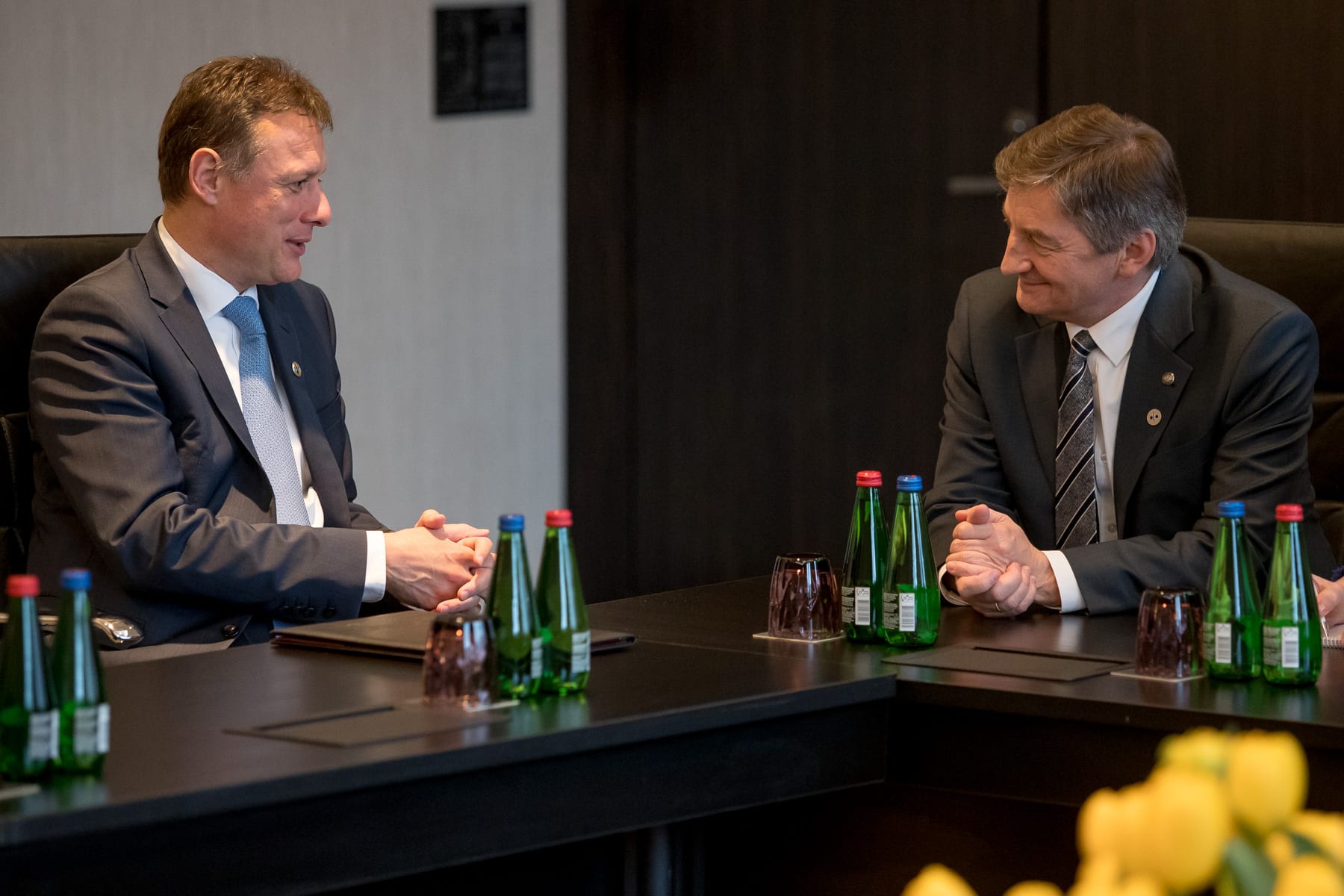 Gordan Jandroković, President of the Croatian Sabor
Gordan Jandroković, President of the Croatian Sabor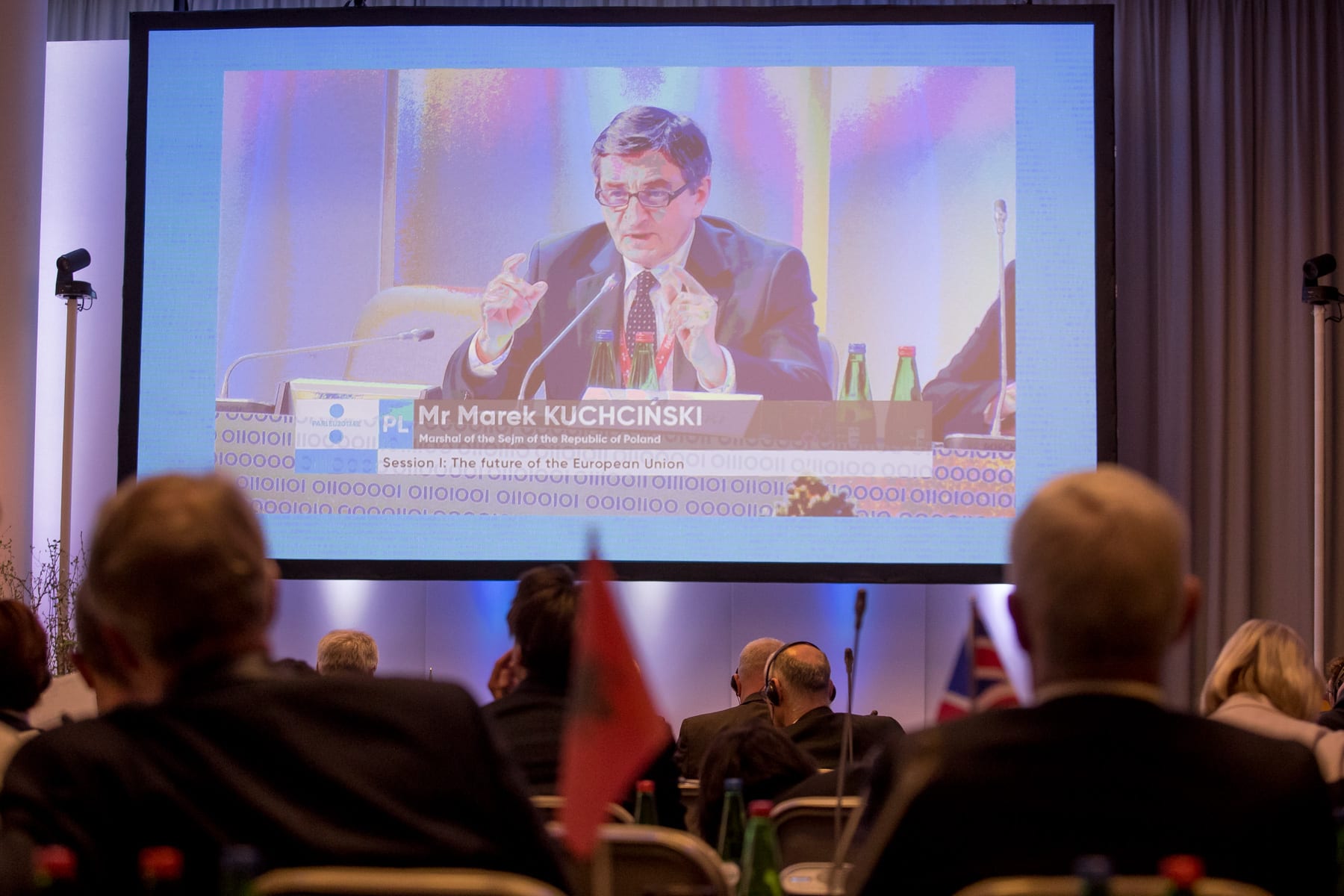
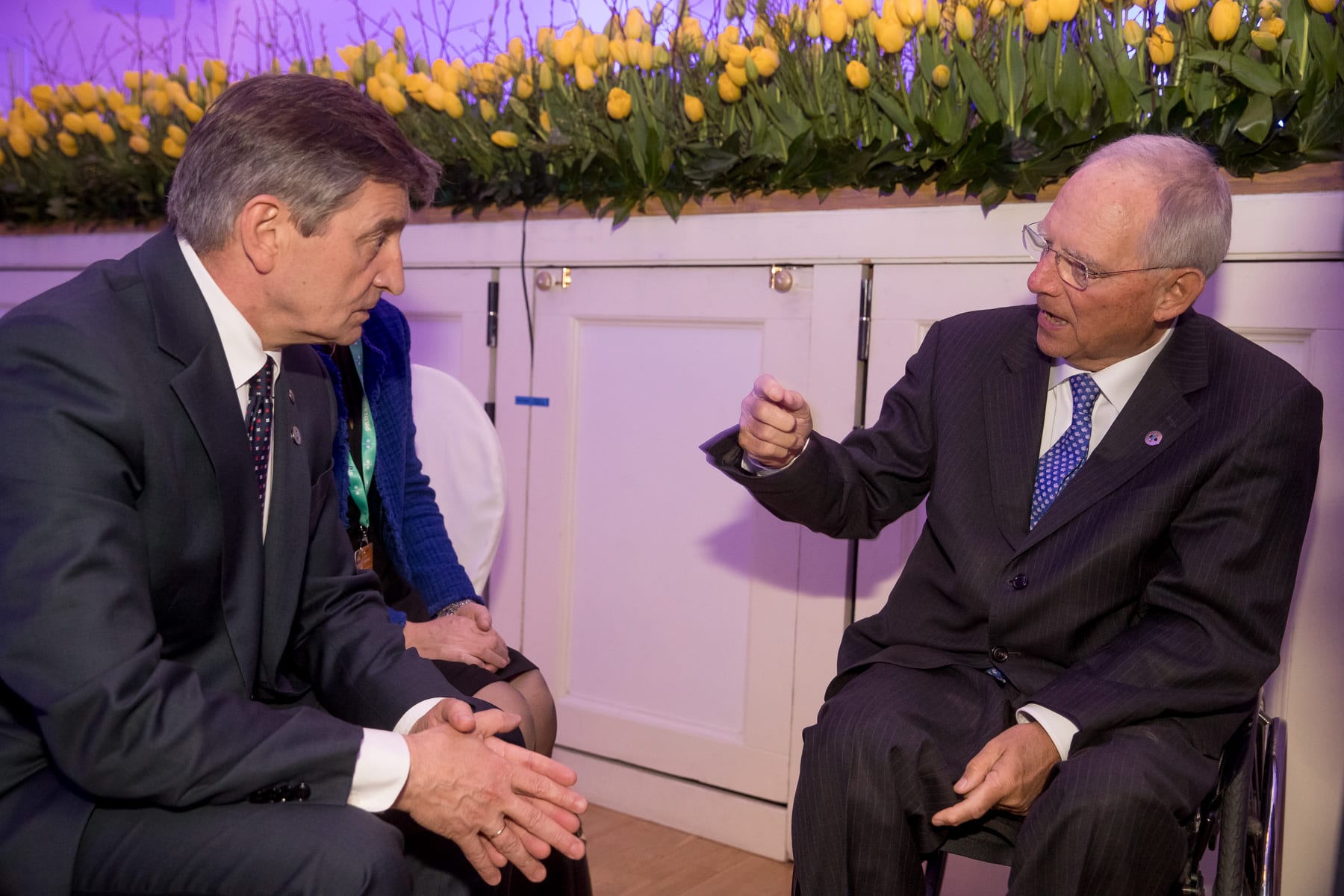 Wolfgang SCHÄUBLE, President of the Bundestag
Wolfgang SCHÄUBLE, President of the Bundestag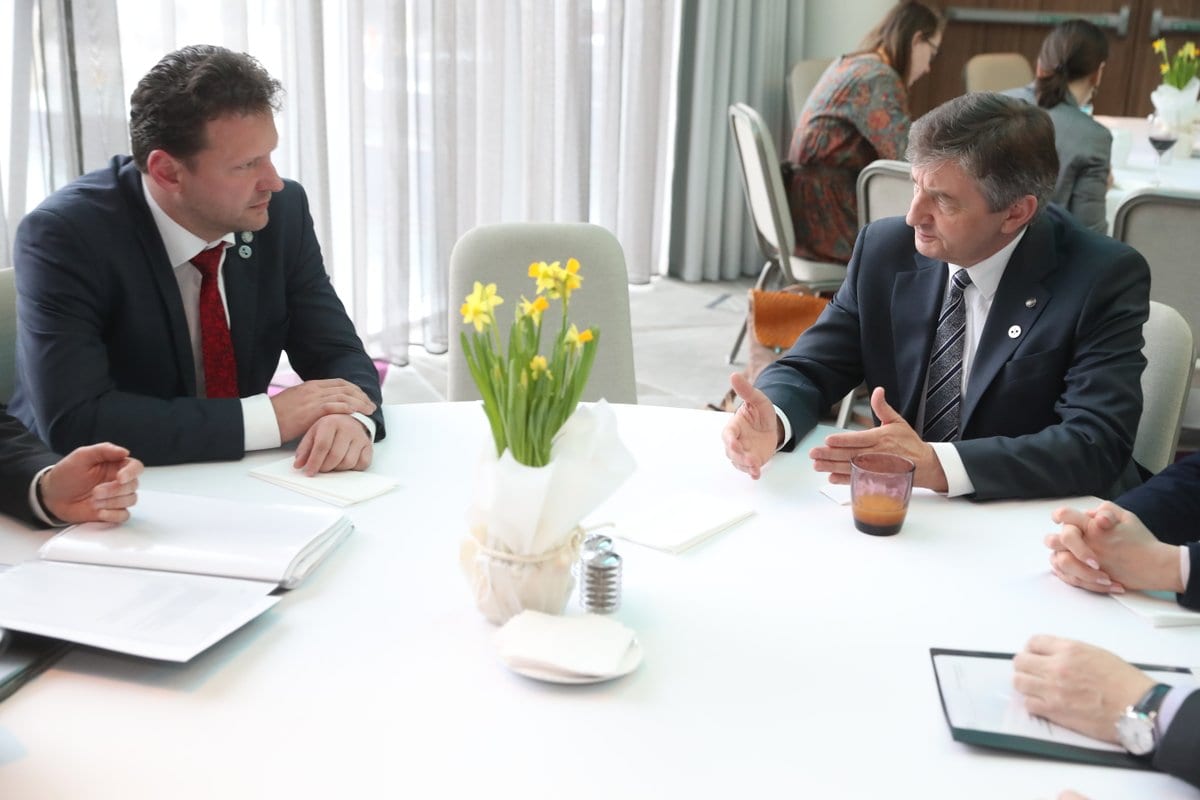 Radek Vondráček, Speaker of the Czech Chamber of Deputies
Radek Vondráček, Speaker of the Czech Chamber of Deputies


